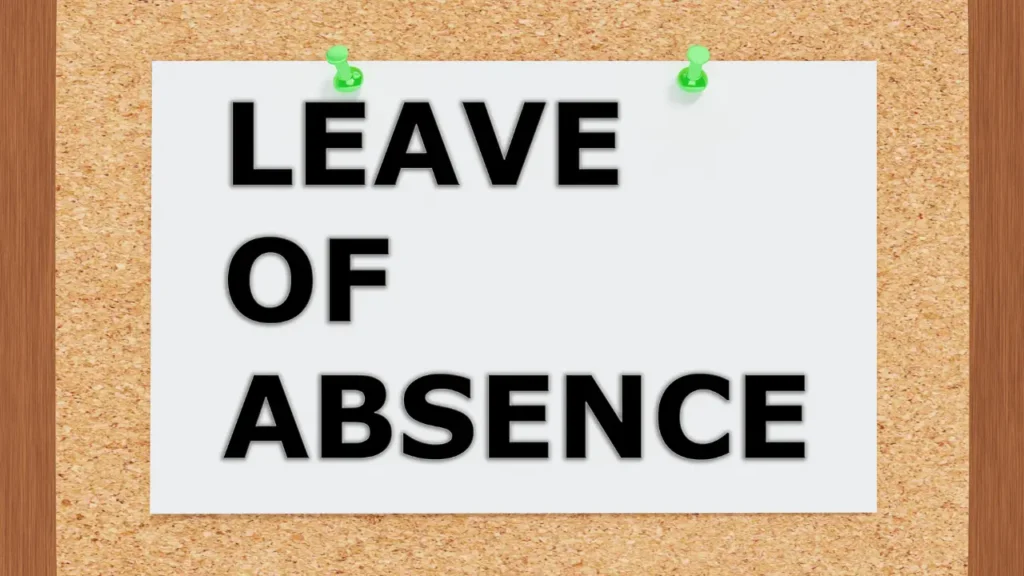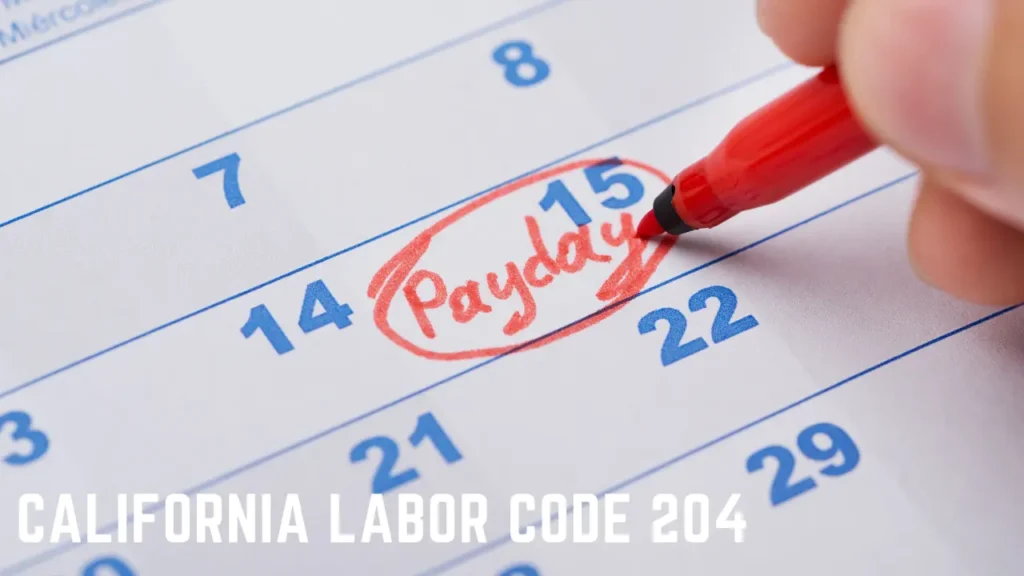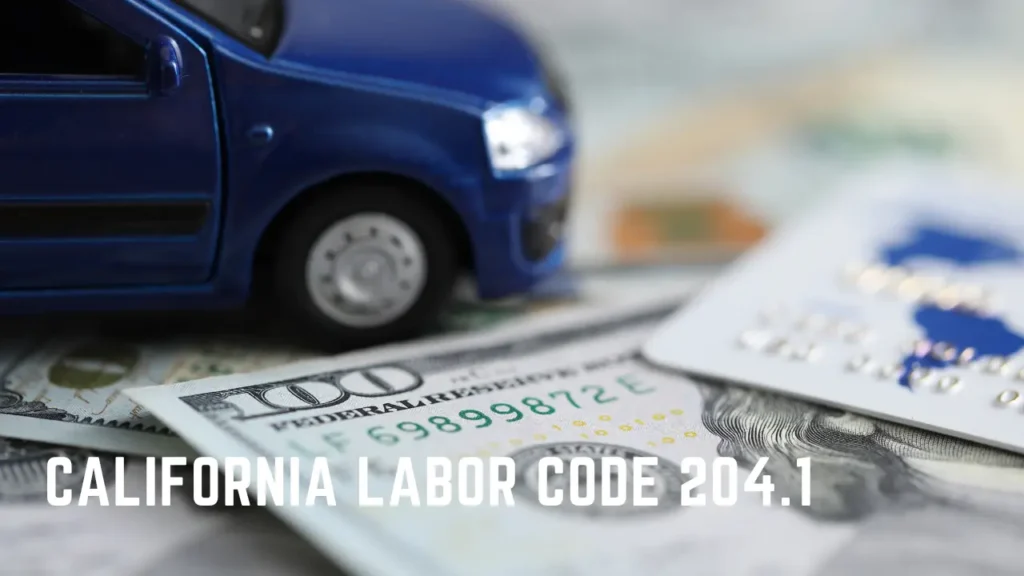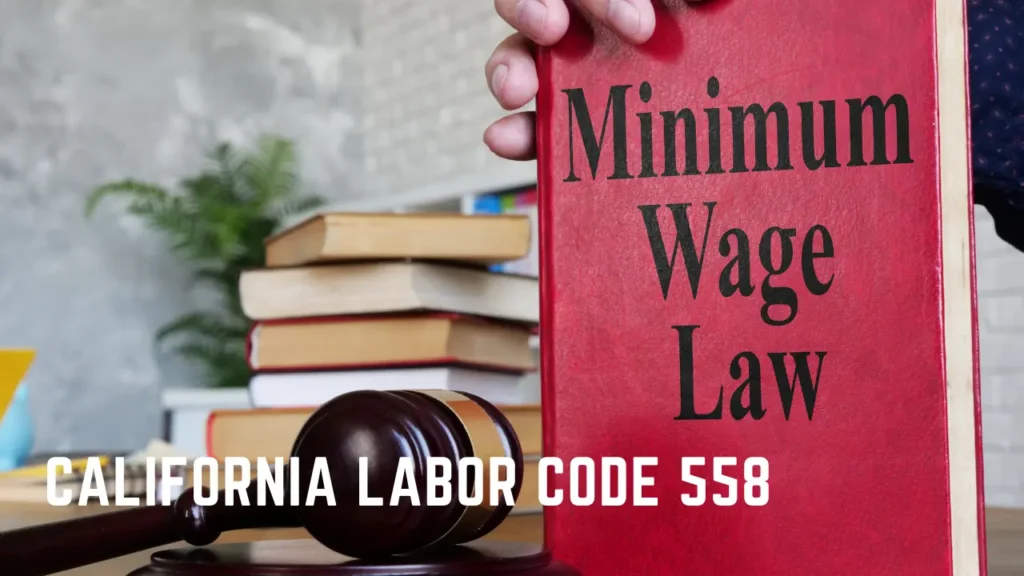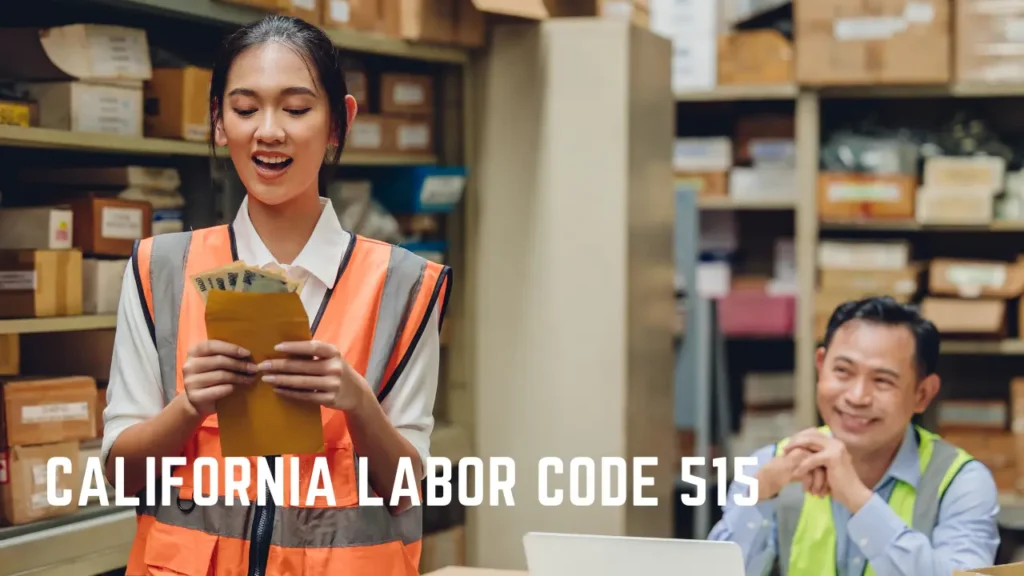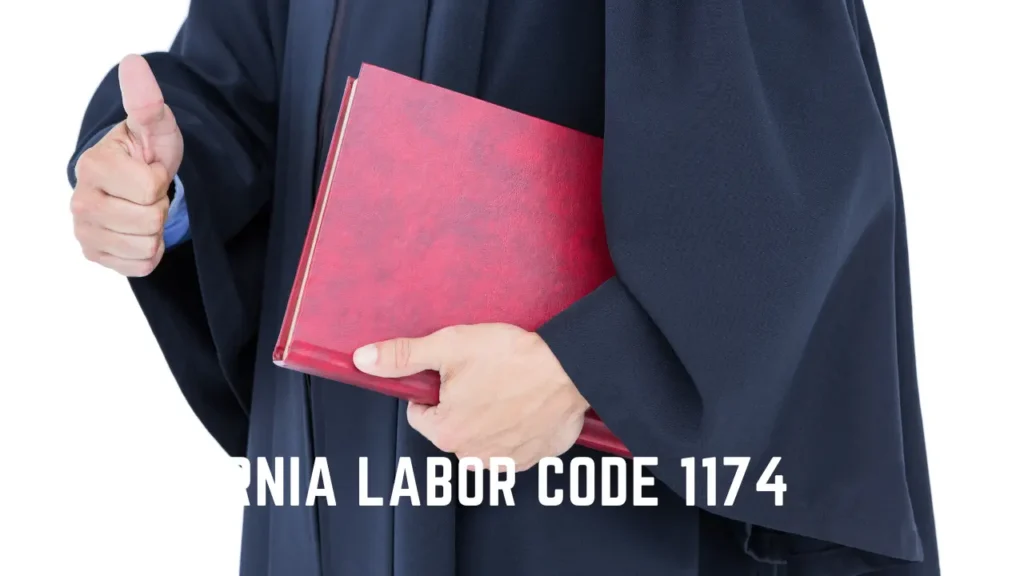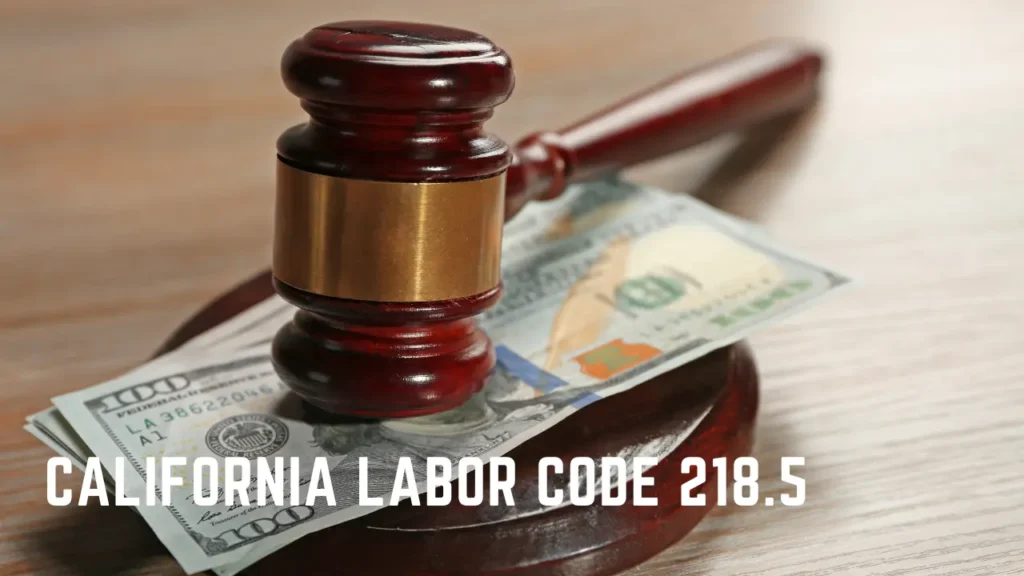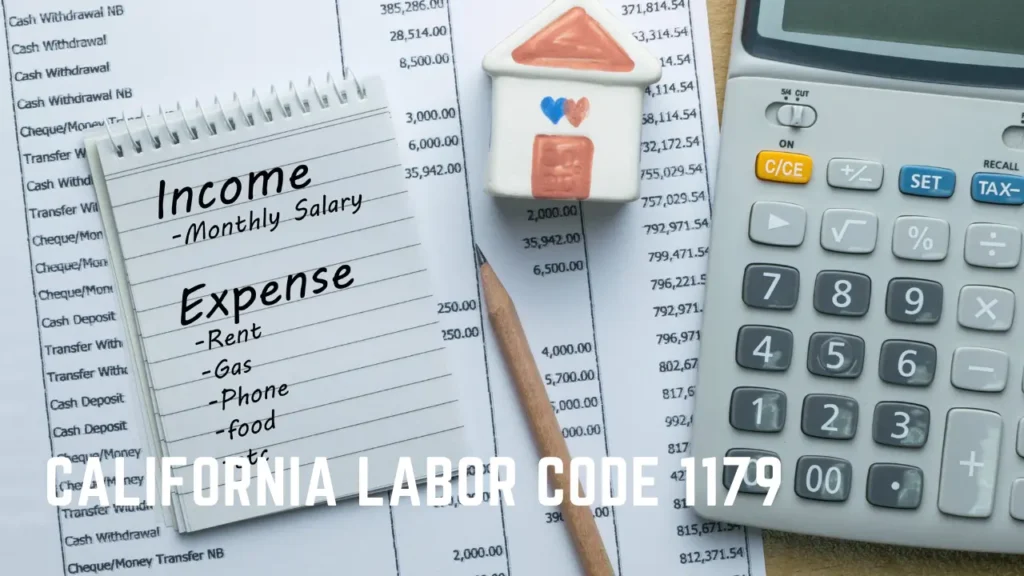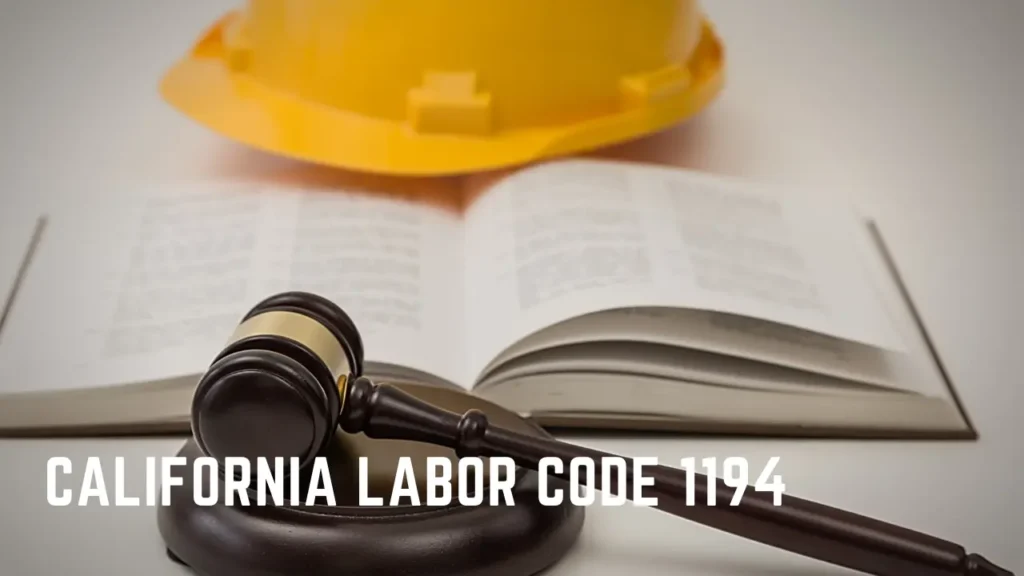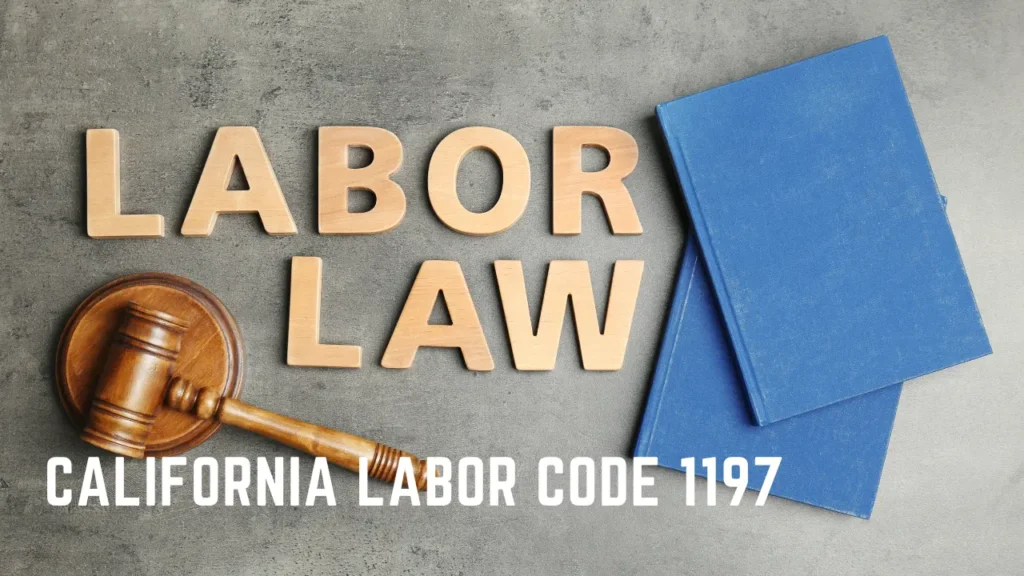What are Contract disputes?
Contract disputes in California occur when one or more parties fail to fulfill their obligations under a contract. These disputes can range from disagreements over payment terms to the performance of services, or the delivery of goods. If the parties cannot resolve the dispute through negotiation or mediation, they may have to resort to a lawsuit in court. California’s contract dispute rules are based on state contract law and the Uniform Commercial Code (UCC). The UCC sets the standard for contracts relating to the sale of goods and services and helps to ensure that contracts are enforceable and that disputes can be resolved fairly and efficiently. When involved in a contract dispute in California, it is recommended to seek the advice of a qualified attorney, who can provide legal guidance, and representation and help protect your rights and interests.
Contract disputes type and examples:
Contract disputes come in many forms and can involve a variety of issues. Some common types of contract disputes include:
Breach of contract: This occurs when one party fails to perform their obligations under the agreement, such as failing to make payments or deliver goods.
Example: If a company fails to pay its monthly rent for commercial property, a contractor fails to complete a renovation project within the agreed-upon timeline.
Misrepresentation: This occurs when one party provides false information during the contract formation process, causing the other party to suffer harm.
Example: A real estate agent falsely represents that a property is free of environmental hazards, and a seller misrepresents the condition of a used car.
Termination and cancellation: This occurs when one party terminates or cancels the contract due to a breach of contract by the other party.
Example: A software company terminates its contract with a customer for non-payment, and a service provider cancels a contract due to the customer’s repeated breaches.
Disputes over interpretation: This occurs when the parties have different variations of the terms of the contract.
Example: A disagreement over the meaning of a clause in a contract for the sale of goods, a dispute over the interpretation of a non-compete clause in an employment contract.
Performance issues: This occurs when one party claims that the other party’s performance under the contract was inadequate or did not meet expectations.
Example: A construction company alleges that a subcontractor provided subpar work, and a service provider claims that a customer failed to maintain equipment properly.
What should you do?
If you find yourself involved in a contract dispute, there are several steps you can take:
Review the contract: Read the contract carefully to understand your rights and obligations and the terms of the agreement.
Attempt to resolve the dispute through negotiation: Try to resolve the dispute informally by speaking with the other party and attempting to reach a mutually acceptable resolution.
Consider mediation: Mediation is a process where a neutral third-party mediator helps the parties resolve the dispute.
Seek legal advice: If the dispute cannot be resolved through negotiation or mediation, consider seeking a qualified attorney specializing in contract law.
Consider alternative dispute resolution methods: In some cases, alternative dispute resolution methods, such as arbitration or small claims court, may be a more appropriate option.
File a lawsuit: If the dispute cannot be resolved through other means, the parties may have to resort to filing a lawsuit in court.
It’s important to act promptly when a contract dispute arises to increase the chances of a successful resolution. It’s also important to keep detailed records and documentation of all correspondence and events related to the dispute.
When to contact an attorney?
It’s a good idea to contact an attorney when a contract dispute arises if:
The dispute cannot be resolved through negotiation or mediation.
The dispute involves complex legal issues or significant financial stakes.
You are unsure of your rights and obligations under the contract.
You are unsure of the legal process for resolving the dispute.
You need representation in court or in alternative dispute resolution proceedings.
Having an experienced attorney like Johnny Law on your side can greatly improve your chances of successfully resolving a contract dispute. Johnny Law has a deep understanding of contract law and a proven track record of representing clients in complex disputes. By working with Johnny Law, you can benefit from his expertise and guidance as he helps you understand your rights and obligations under the contract and navigates the legal process for resolving the dispute. Johnny Law will be a strong advocate for your interests, whether in court or in alternative dispute resolution proceedings, and will work tirelessly to achieve a favorable outcome for you. If you are involved in a contract dispute, don’t hesitate to contact Johnny Law to discuss your case.

